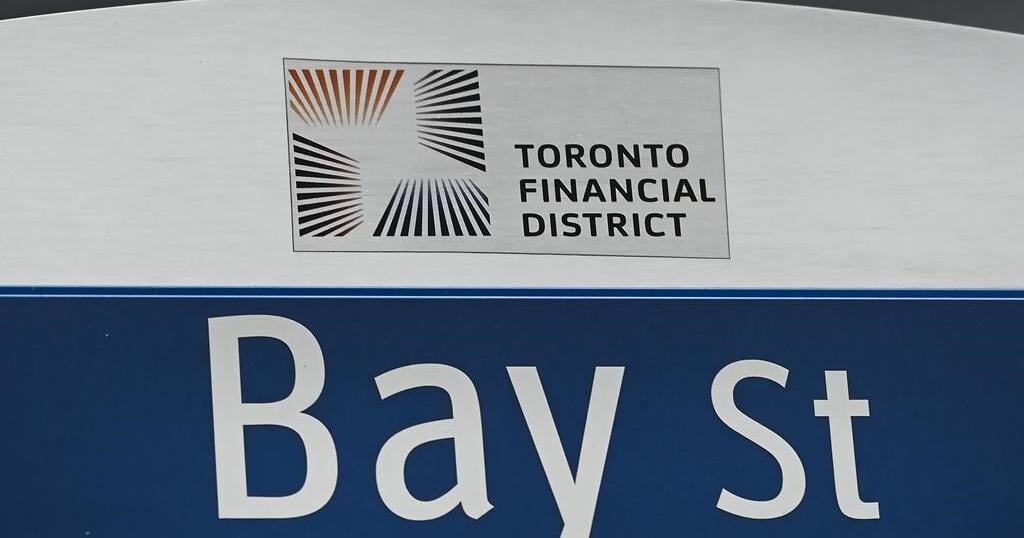Painting a dire economic picture for the province on Wednesday, Jason Kenney urged the rest of Canada to step up for Alberta as he left for Ottawa to meet with fellow premiers.
Kenney noted economic aid doled out to industries like the auto sector during the recession a dozen years ago and insisted Alberta needs similar relief as it spirals into another deep fiscal hole pushed by the novel coronavirus and a global oil price war.
“Albertans expect at least that kind of help for an industry that’s done more than any other to create jobs, wealth, opportunity and government revenue for social programs — that is the energy industry,” Kenney said at the Calgary International Airport before departing for Ottawa and a first minister’s conference Thursday and Friday.
A price war instigated by “two unfriendly regimes” in Russia and Saudi Arabia also seeks to torpedo North American energy producers, said Kenney, and must be parried by aid from Ottawa in the form of flow-through shares to accelerate cleaner oilfield technology and remediate abandoned wells in Alberta.
The province, noted Kenney, has recently offered up $100 million in loans for energy firms to clean up out-of-service wells.
Regulations like those tamping down methane greenhouse gas emissions must also be relaxed to lend relief to a beleaguered energy sector whose oilfield workers are bound to feel the bite of more layoffs as they head home in the early spring, said the premier.
He also reiterated his demand for the release of $2.4 billion he said is owed to Alberta in a fiscal stabilization fund for provinces feeling the pinch of plunging revenues.
“These are the messages I will be taking with a sense of urgency to Ottawa today,” said Kenney, adding the first ministers’ meeting will be refocused towards the latest pressing realities.
“This is not asking for a favour.”
He noted Ottawa’s just-announced $1-billion aid package to help employers and Canadians struck by the impact of COVID-19 on a day the WHO declared its spread a global pandemic.
Kenney said he hadn’t yet seen the details but demanded immediate loosening of employment insurance rules to help ill from the deadly virus or self-isolating.
“We don’t want anybody to feel they have to go to work to make a paycheque if they are not healthy,” he said.
But his main message was for Ottawa to assist an oil and gas industry, some of whose players are approaching a tipping point after five years of fragility.
“Energy companies … are massively cutting their capital budgets for 2020, this is going to have a very negative effect on working men and women in the energy services sector which in so many ways together with agriculture are the heart of the rural Alberta economy,” he said.
Hastening the release of federal infrastructure spending would also bring relief to workers laid off in the energy industry.
And he accused Ottawa of taking its eye off of what urgently matters to Canadians and particularly Albertans.
Related
“Enough with dealing with every fashionable issue out there, the virtue signalling, the UN security council and all the rest … we need total focus on economic issues,” he said.
“We’ve had Canada’s back, it’s time for Canada to have Alberta’s back.”
Asked if other Canadian leaders whose provinces have PSTs might suggest that Alberta follow their example to stabilize its rocky revenues, Kenney said he doesn’t expect to hear such a message he called wildly untimely.
“I just get a strong sense of solidarity around the table for the people of Alberta,” said Kenney, adding a new PST would “further hammer” an already vulnerable economy.
But he said the reaction to Alberta’s fiscal requests to Ottawa has been underwhelming since last spring and confined to “nice conversations … my message is we’re running out of time here.”
on Twitter: @BillKaufmannjrn


























